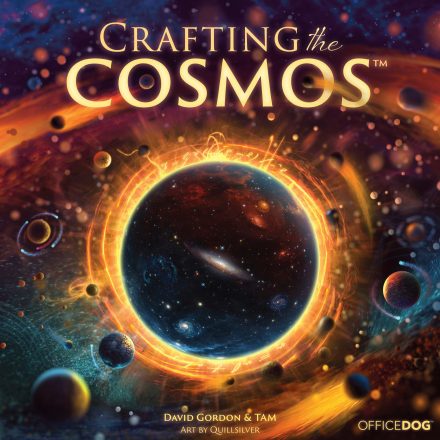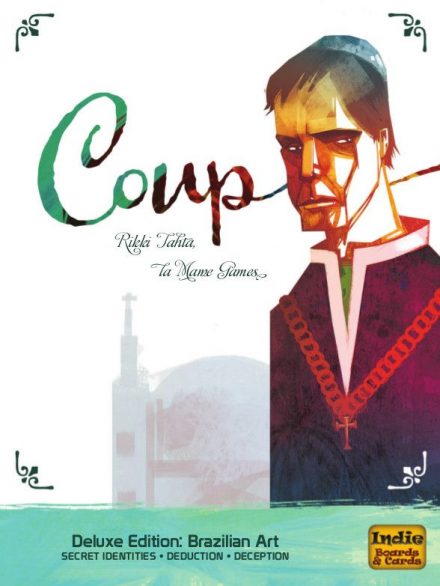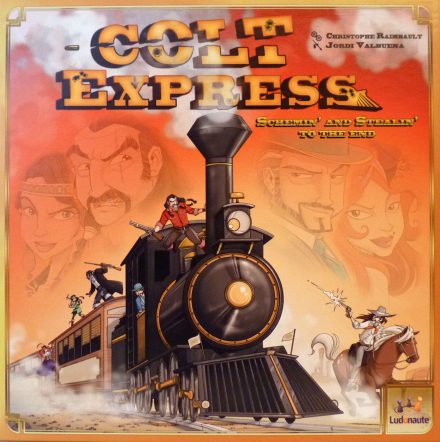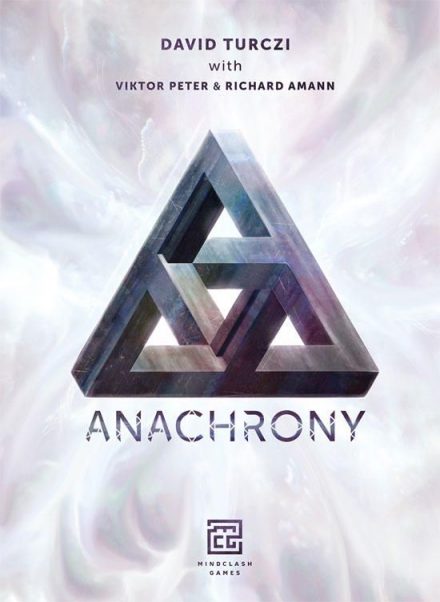Welcome to Crafting the Cosmos, where you get to construct your very own universe! Each player’s turn is split into two phases: the Energy Phase and the Craft Phase, followed by a collective End Phase. During the Energy Phase, players will move their energy token around the board to gather resources, which they will then use in the Craft Phase to construct their own galaxy. You can create stars, nebulas, and even life to maximize your points and create the best universe!
Game Mechanics:
- Contracts
- Map Addition
- Tile Placement
- Track Movement
- Variable Player Powers
Game Specifications:
- 2 – 4 Players
- 60 – 90 Minutes
- Difficulty Weight 2.93










